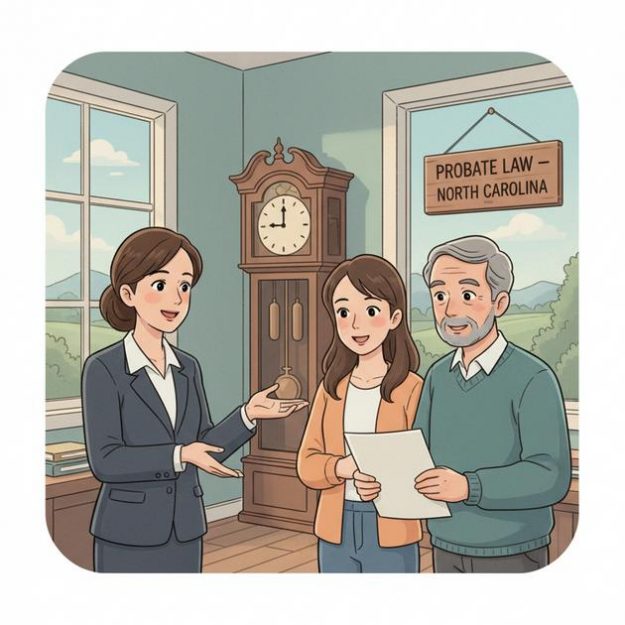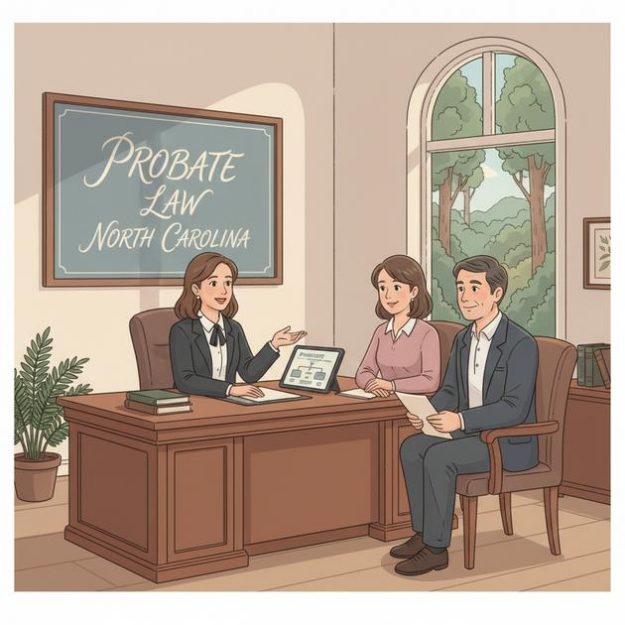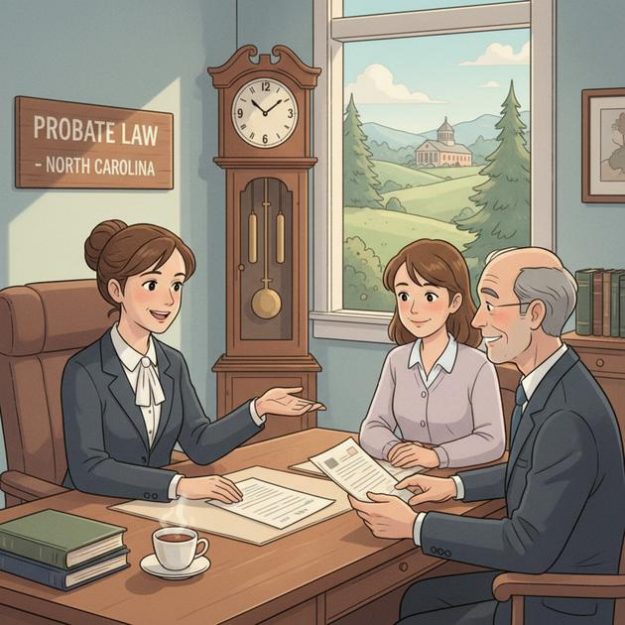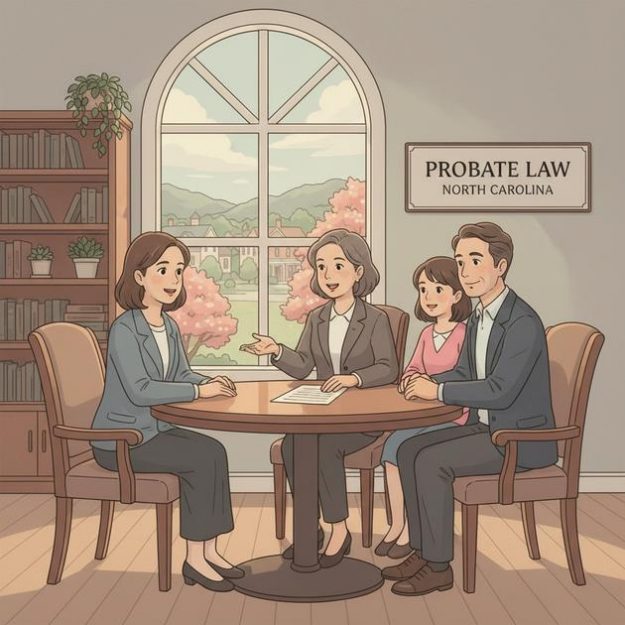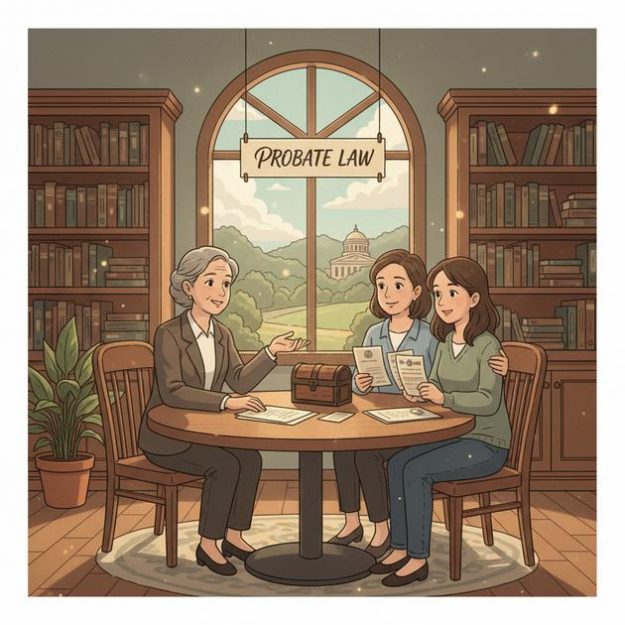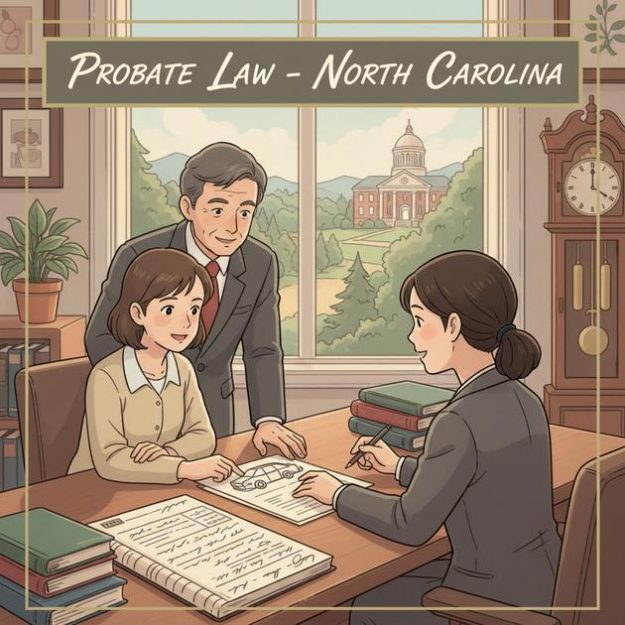Can I challenge my aunt’s claim that my parent owed her a debt and prevent it from reducing the estate? NC
Can I challenge my aunt’s claim that my parent owed her a debt and prevent it from reducing the estate? – North Carolina Short Answer Yes. In North Carolina, a claimed “debt” against an estate usually must be presented as a written creditor claim and the personal representative decides whether to allow or reject it.…

